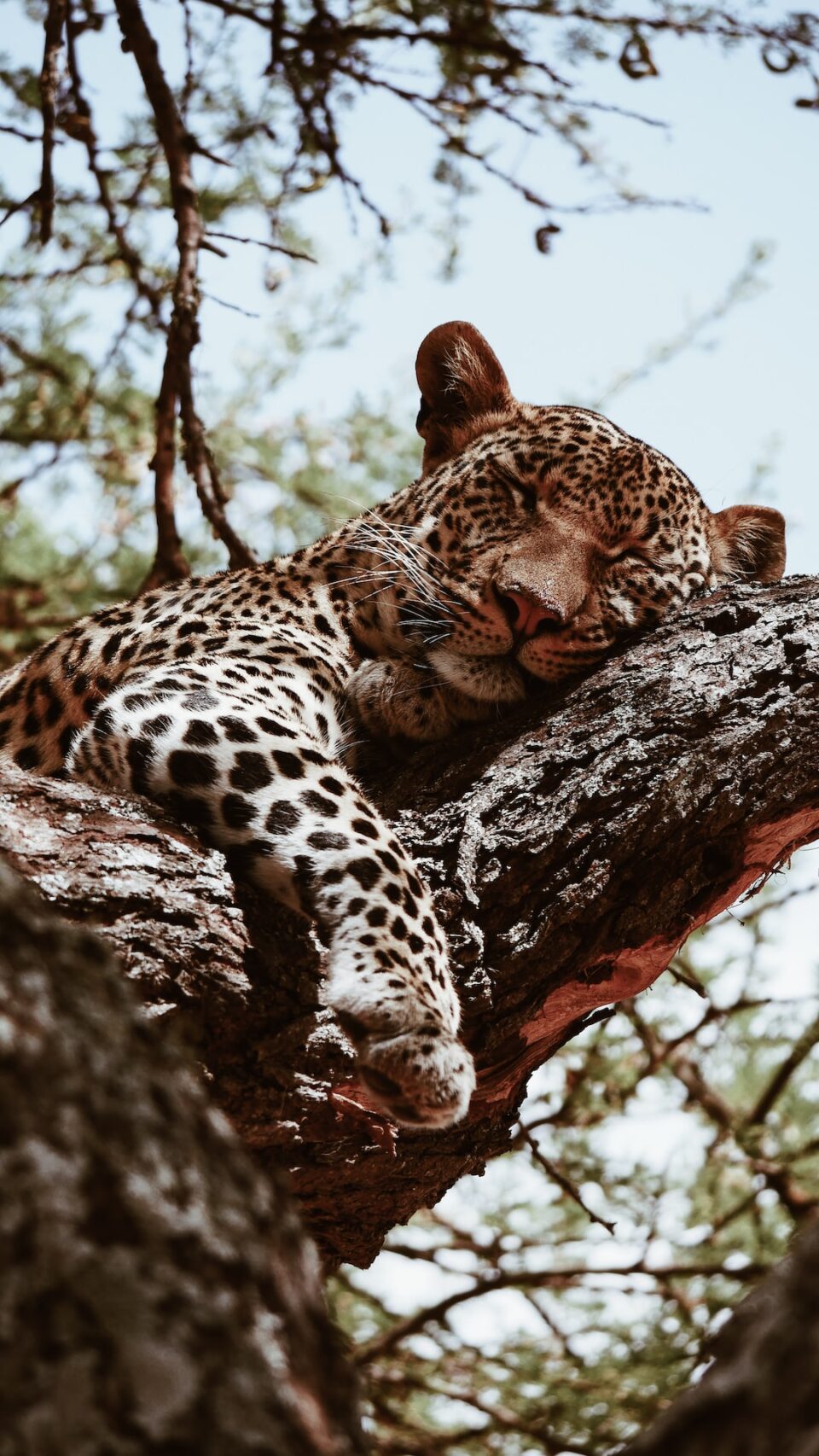The Healing Power of Animal-Assisted Therapy: Beyond Fur and Fluff
In today’s fast-paced and stressful world, many individuals are seeking alternative forms of therapy to find solace and heal their bodies and minds. One such method gaining prominence is animal-assisted therapy (AAT). Beyond the fur and fluff, AAT holds immense potential for improving mental and physical well-being.
AAT involves the incorporation of animals into therapy sessions to enhance the healing process. These animals are specially trained to provide comfort, companionship, and a positive distraction for the individual seeking therapy. While AAT is primarily associated with dogs, other animals such as horses, dolphins, cats, and even birds can be part of the therapy.
Research has shown that animals are capable of providing unique benefits to those suffering from various conditions, be it physical or mental. Firstly, AAT has been proven to reduce stress levels significantly. The simple act of petting an animal releases endorphins, the feel-good hormones, which help combat the negative effects of stress on the body. This natural stress reliever can also lower blood pressure and heart rate, leading to a sense of calmness and relaxation.
Moreover, animal-assisted therapy has been found to be particularly effective in reducing anxiety and depression. The presence of an animal creates a non-judgmental and comforting environment, encouraging individuals to open up and express their emotions freely. The unconditional love and companionship that animals offer can provide a sense of belonging and purpose, helping to alleviate feelings of loneliness and despair. Additionally, interacting with animals promotes the release of oxytocin, also known as the “love hormone,” which boosts mood and enhances overall emotional well-being.
Animal-assisted therapy also offers physical benefits. For instance, individuals suffering from chronic pain or recovering from surgery often experience decreased pain intensity and improved mobility after engaging in therapy sessions with animals. The tactile stimulation provided by touching, holding, or playing with animals can distract from the pain and reduce the need for pain medication. Furthermore, the rhythmic motion of riding a horse, known as hippotherapy, has been proven to develop core strength, improve balance, and enhance motor skills in individuals with physical disabilities.
In addition to aiding individuals, AAT can also benefit those dealing with psychiatric disorders, such as autism spectrum disorder (ASD). Interaction with therapy animals can improve social skills and communication abilities in individuals with ASD. Animals act as a bridge, facilitating connections between individuals with autism and the world around them. Animals don’t discriminate or judge, creating a safe space for individuals to practice their social skills without fear of rejection. For children with autism, AAT can also foster a sense of responsibility as they learn to care for and feed their therapy animals.
It’s important to note that animal-assisted therapy isn’t just limited to formal therapy sessions. Animals can have a positive impact on our daily lives as well. A simple walk with a dog or spending time with a beloved pet can enhance our overall well-being. The unconditional love and companionship offered by animals can reduce feelings of loneliness, boost mood, and increase our motivation to stay active.
The healing power of animal-assisted therapy goes beyond fur and fluff. It taps into the innate connection humans share with animals, utilizing it to improve mental and physical health. As more research is conducted and the benefits of AAT are recognized, its integration into mainstream therapeutic practices will continue to grow, giving people the opportunity to heal, find comfort, and forge connections with the animal kingdom.

